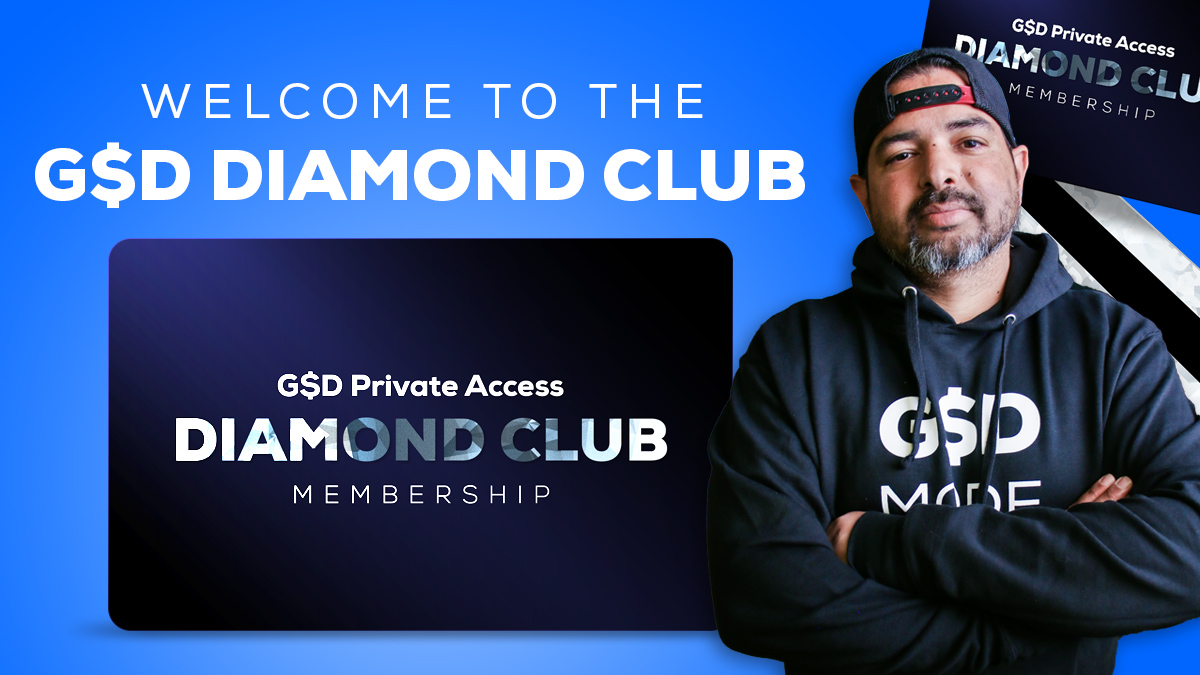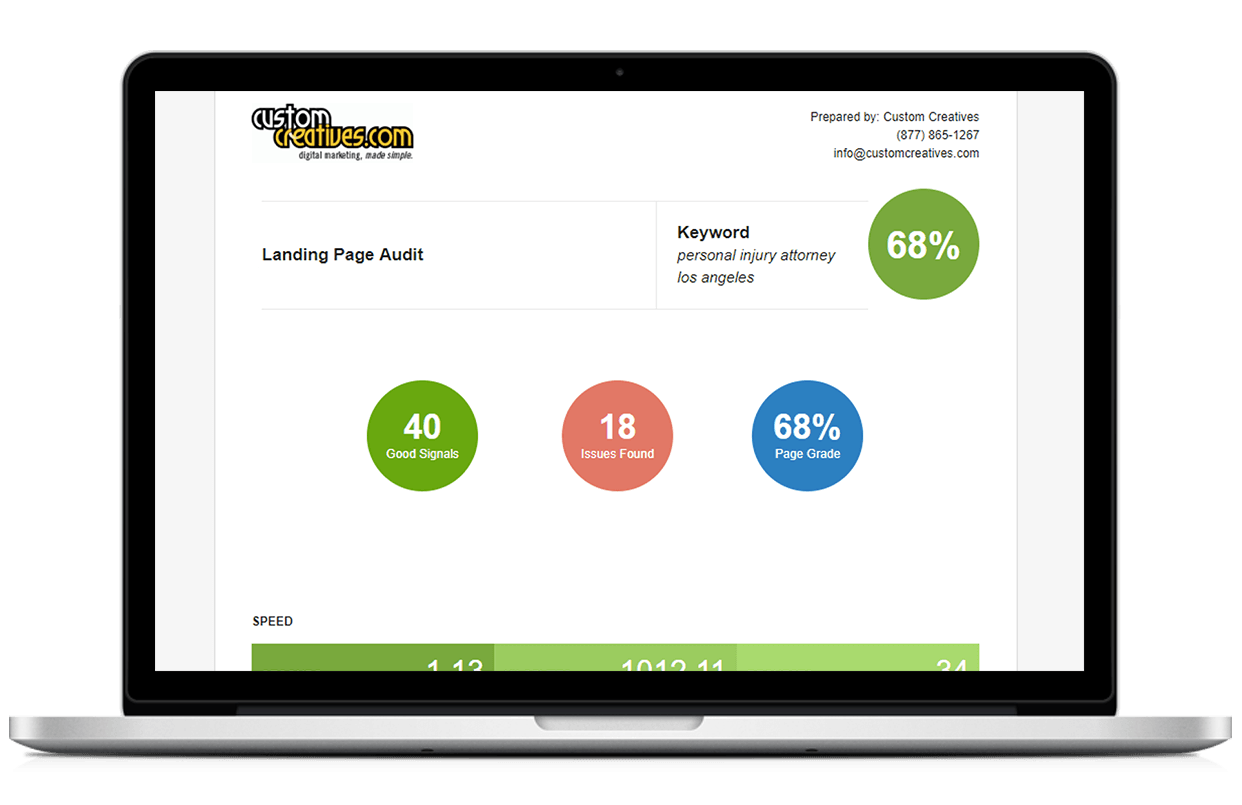Optimize Your Expenses and Prioritize Investments for Long-term Success
In this evolving world of entrepreneurship, Rahul Alim, the visionary behind Custom Creatives, opens up about critical aspects of business planning and growth during a recent interactive session. Journey with us as we explore essential topics like quarterly planning, smart investment choices, and how to build a successful business from the ground up.

Tax season is here, and every entrepreneur faces the age-old dilemma: how to manage expenses in a way that aligns with both tax optimization and long-term business growth. Instead of making last-minute, ineffective expenditures, let’s focus on making smart decisions that not only ease your tax burden but also set your business up for a brighter future.
The Importance of Timing
- Accountant’s Advice: Tax advisors commonly recommend accelerating expenses to lighten your tax burden.
- Entrepreneurial Reality: We often procrastinate and make hasty decisions at the eleventh hour.
- Strategic Planning: Use Q4 to plan for January. Make informed choices now to enjoy the dual benefits of tax relief and a strong start to the New Year.
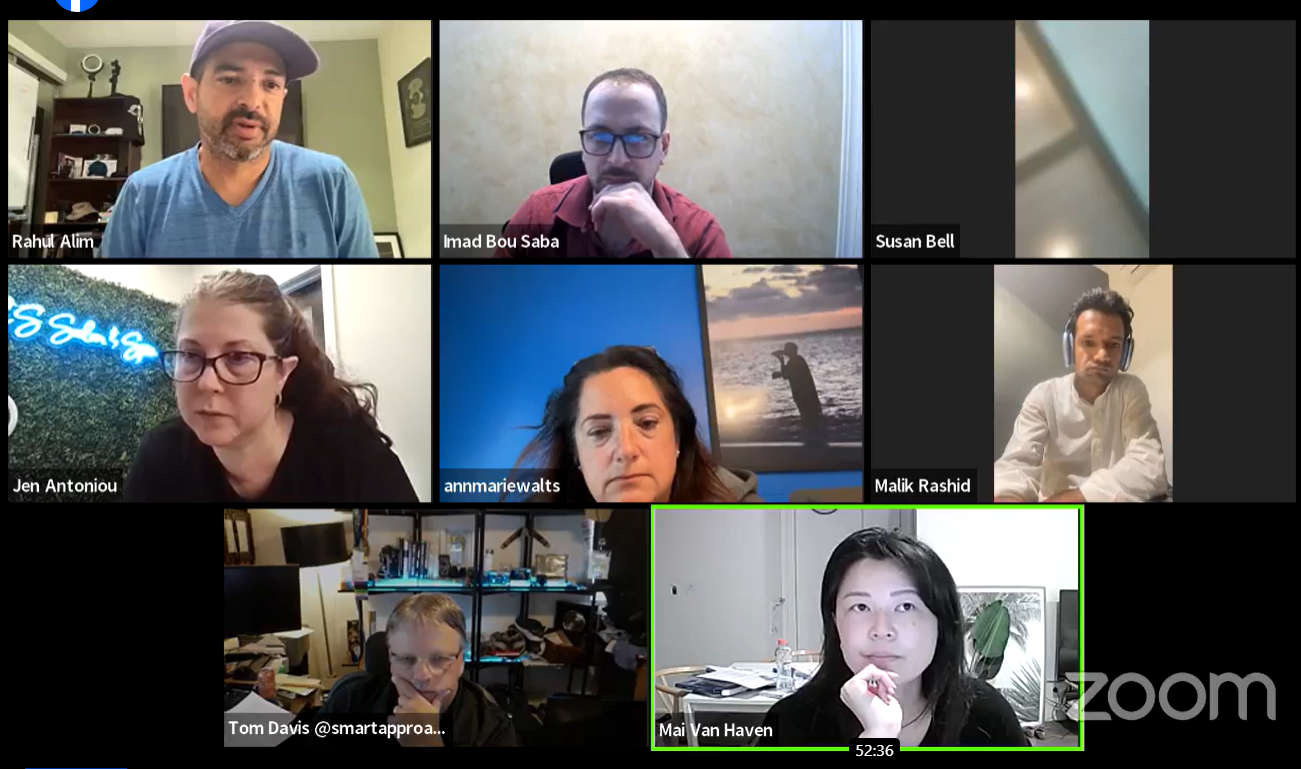
Necessities, Mandatories, and Nice-to-haves
- Mandatories: These are non-negotiables, things your business urgently needs. For instance, if you’ve spent a significant amount on a piece of equipment like a microneedling machine, having a dedicated web page to rank and drive revenue is mandatory.
- Necessities: Important but not urgent. These could be software subscriptions that can wait a month but will ultimately drive efficiency.
- Nice-to-haves: Wish-list items that can be pushed further down the road.
How to Prioritize
- Begin by laying out a menu of options.
- Sort them into the above categories.
- Make calculated decisions based on your budget and needs.
Case Study from a GSD Member, Ann Marie Walts who leveraged her knowledge she learned to help a client come up with an IDEA to hire her. Here’s the details (Remember, the show notes are below, so you can watch a long and use this BLOG post about Digital Marketing & How to Make Money Online as a guide or pre-written notes for you to add to):
The Microneedling Machine
- Initial Investment: About $55,000 spent in the last six months on a new product.
- Missing Page: No dedicated webpage to promote the service. Think “if they build it, they will come!” The field of dreams is just that, if you have it, advertise it, promote it, upsell it to your clients
- Action: Instead of spending on non-essentials, creating a dedicated service page becomes a “mandatory” to ensure ROI.

The Power of Delegation and Commitment
- You Are Not the Chef: Don’t do all the work yourself. You wouldn’t go to a restaurant to cook your own steak, so why apply a DIY approach to something as critical as your business?
- The Concierge Service: Outsource or delegate tasks. Use your capital to make your life easier and your business more efficient.
- ROI Pathway: Make it clear why this expenditure is necessary and how it will pay off in the long run.
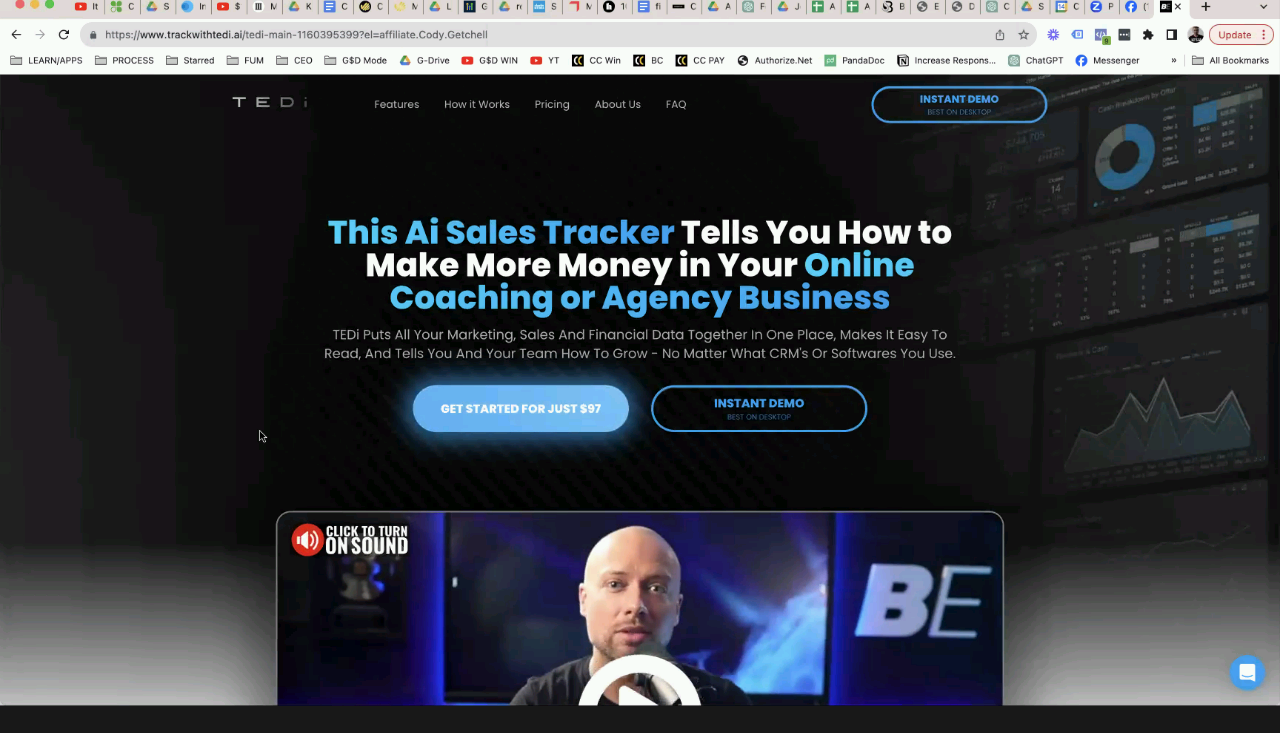
Final Thoughts: Know Your Numbers
- Tracking and understanding your business metrics is crucial.
- Tools and services that help you understand your numbers are invaluable investments.
- Prioritizing your end-of-year expenditures can set you up for both immediate tax advantages and long-term success.
Q4 is not just about scrambling to prepare for tax season; it’s an opportunity to set your business on the path to long-term success. By prioritizing your expenses wisely, you can achieve the best of both worlds: immediate tax relief and a more robust business in the upcoming year.
Q&A
Q: What’s Rahul’s key advice for Q4 and tax season?
A: Rahul advises businesses to plan for January right now. It’s the perfect time to accelerate expenses, not just for the sake of tax benefits but to invest in business growth for the upcoming year.
Q: How should businesses prioritize their needs?
A: According to Rahul, businesses should create a list of “Mandatories,” “Necessities,” and “Nice to Haves.” The focus should be on implementing the “Mandatories” first, followed by “Necessities,” and then consider the “Nice to Haves.”
Q: What’s your strategy for planning the next quarter?
A: The best approach is to lay out what you plan to do in January right now. Accelerate your expenses in line with your accountant’s advice but actually put it into your business, so come 2024 you’ll have a bigger tax issue because your business has grown significantly.
Q: How do you prioritize business needs?
A: First, make a list of everything the business might need. Then prioritize it into categories: “Mandatories,” “Necessities,” and “Nice to Haves.” Mandatories are things you wish you already had, necessities are self-explanatory and nice-to-haves can wait.
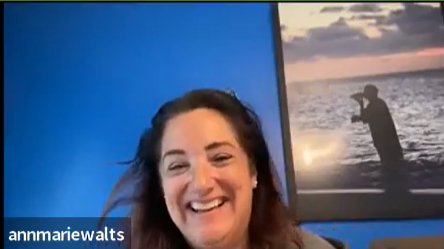
Q: How can I make sure my investment in equipment pays off?
A: If you’ve invested heavily in a particular service or machine, like microneedling, make sure you have a specific page for that service so it ranks and you make money faster.
Q: How can I handle the competition?
A: If a competitor closes or falters, think about how their customers will need a new service provider. Position your business to be the next logical choice.
Q: Do you recommend any tools for tracking business data?
A: Yes, knowing your numbers is crucial. There are services available for as little as $97 a month that can help you track all essential data for your business. This isn’t a “nice to have;” it’s a necessity.
Q: Is it effective to do the work myself?
A: In a business, you should aim to be a master of leadership and delegation. Pull out the credit card, commit, and let professionals handle the areas where you’re not an expert.
Watch This Live, Click the Photo of Cody & Rahul below:
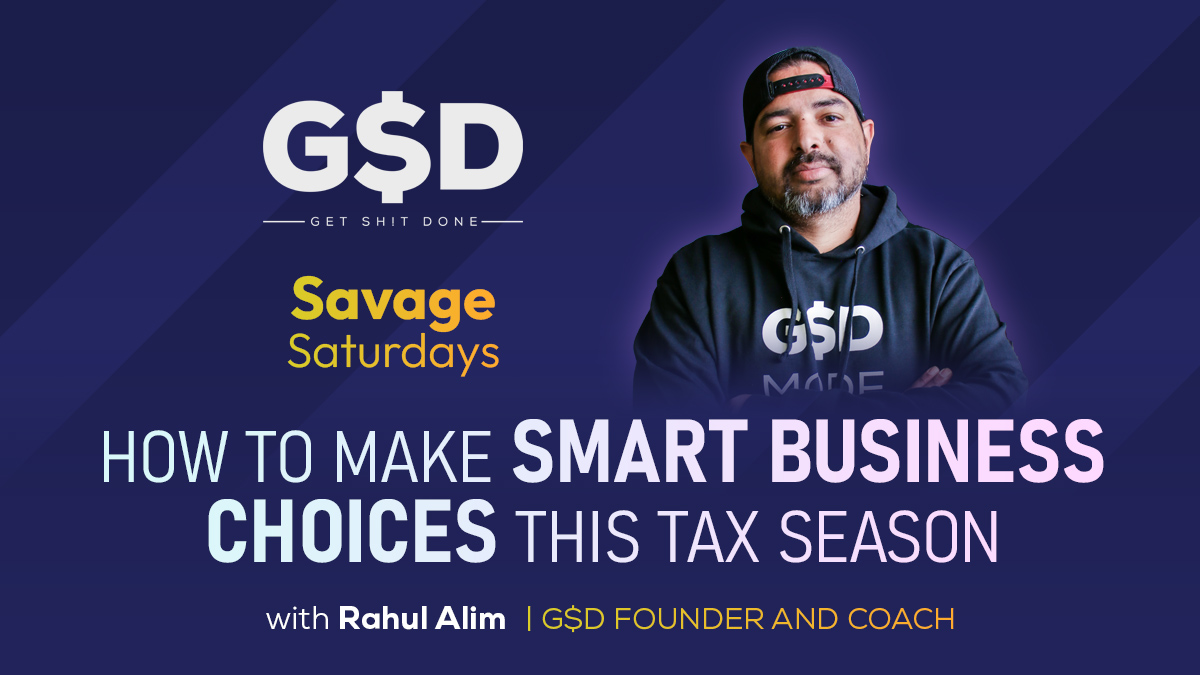
HERE IS THE DIRECT LINK TO THE LIVE CLIENT GETTING TRAINING: https://www.facebook.com/groups/GSD7figures/
Summary
- AI access. 0:00
- Jen Antoniou seeks help with accessing a private Facebook group for AI research.
- Improving lead response rates in business. 2:34
- Jen Antoniou discusses challenges with reaching leads from ads, using text messages for follow-up, and optimizing ad targeting.
- Rahul receives a text message from an unknown number and is hesitant to respond.
- Rahul emphasizes the importance of small steps in business, citing examples of how even seemingly insignificant actions can lead to significant outcomes.
- Rahul and Jen discuss the use of workflows in the sales process, including the ability to play voicemail drops in the workflow for missed calls.
- Consulting fees and client communication. 10:57
- Ann Marie shares her experience with a client who wanted to take their extensions out early, and how she accommodated them professionally and confidently.
- Rahul appreciates Ann Marie’s approach to charging a $200 consultation fee and prioritizing hospitality in all interactions, which has led to faster bookings and better client satisfaction.
- Rahul advises pretending to be a middleman to refer oneself for consulting services, charging $2,000.
- Ann Marie shares a successful tactic for dealing with a client who paid someone else $1,000, simply saying their consulting fee is $X hours.
- Ann Marie mentions the importance of knowing numbers for business success (citing example of John’s TEDi dashboard)
- Rahul: Guessing business model without accurate data leads to faulty forecasting and mismanaged expectations
- Sales strategies and data analysis. 18:59
- Discussion the importance of having a dashboard to track sales and clients, and shares their experience with using the leaderboard to visualize their top clients.
- Rahul encourages viewers to click on the link he shared in the Facebook Live Stream and Zoom chat to access the affiliate link for Cody’s product, and offers a demo option for those who want to learn more.
- Rahul and Ann Marie discuss Cody’s affiliate link for a data setup service, with the speaker recognizing the importance of data accuracy.
- Ann Marie shares her personal experience with Cody’s service, mentioning they were able to set up their data in 1752 days manually and posted poster boards with handwriting.
- Using data to improve sales and marketing efforts. 23:30
- Rahul emphasizes the importance of data analysis in marketing, citing sports as an example.
- Rahul highlights the benefits of using a dashboard to track leads and eliminate unnecessary conversations with salespeople.
- Guest discusses the importance of labeling different sources of leads and tracking their effectiveness.
- Using affiliate marketing with Go High Level and Teddy. 27:45
- Rahul highlights the benefits of using TEDi, a product that allows users to become affiliates and resell the product, potentially earning more money per sale than the person who built it.
- Rahul compares Calendly to Go High Level’s calendar widget, finding Calendly to be a better calendar product overall, despite Go High Level’s additional features initially.
- Rahul highlights the importance of gathering feedback from clients to improve products and services (0:30:35).
- John shares his experience with using the “Ask Your Clients” method to gain insights into what the market wants (0:30:55).
- Prospecting and sales strategies. 32:31
- Rahul highlights the pros and cons of using go high level, a platform that offers a wide range of functionalities but requires technical expertise to fully utilize.
- Rahul compares the cost of starting a business with go high level to the cost of investing in McDonald’s, emphasizing the potential long-term benefits of the former over the latter.
- Rahul emphasizes the importance of daily prospecting to generate leads and keep the pipeline full.
- Guest asks about time blocking for prospecting and addressing live leads, with Rahul recommending constant effort without getting burned out.
- Entrepreneurship, business growth, and marketing strategies. 37:14
- Rahul emphasizes the importance of focusing on revenue generation before delegating tasks.
- Rahul emphasizes the importance of investing in one’s own business rather than buying into established companies like Microsoft or Amazon.
- He encourages those with limited resources to move faster and those with more resources to make decisions more deliberately.
- Rahul suggests using a question to engage prospects at an event, such as “How would it feel to increase conversion ratios while you’re there?”
- Unknown speaker proposes using video testimonials as a way to ascend prospects into the corridor, with the goal of making more contacts or creating buzz around the product.
- Leveraging LinkedIn for B2B lead generation. 44:02
- Unknown Speaker: Wants to leverage Expo event to showcase products, create urgency for purchases, and increase ROI.
- Rahul: Agrees, suggests using event to demonstrate products’ potential for increasing buzz and conversions, and leveraging the tangible cost of the event to create urgency.
- Rahul advises against cold DMing on LinkedIn for long sales cycles industries, emphasizing the importance of understanding the prospect’s mindset and expectations.
- Rahul suggests disrupting the tension with messages that address the lay of the land and provide value, rather than simply promoting a product or service.
- Rahul highlights the importance of finding the right audience for high-ticket sales, and how he prioritizes working with established businesses that have a track record of success.
- Rahul also discusses his approach to prospecting and appointment setting for clients, including booking appointments on their calendars and ensuring they show up for demos.
- BNI and digital marketing strategies. 51:52
- Unknown speaker suggests providing BNI members with a training module on digital marketing to help them prospect and generate leads.
- Rahul agrees, but notes that BNI members may need to be convinced of the value of digital marketing and how it compares to traditional networking methods.
- Rahul expresses frustration with BNI meetings, believing they are a waste of time and not a productive way to network.
- Rahul’s approach to budgeting involves asking potential clients how much they would be willing to pay for a customer, in order to understand their budget and value proposition.
- Business expenses and tax planning for the end of the year. 57:39
- Unknown Speaker discusses the importance of understanding a customer’s lifetime value and how it relates to the cost of acquiring a new customer.
- Emory is frustrated with Don’s lack of follow-through on tasks and reflects on the importance of taking action and not getting stuck in frustration.
- Rahul suggests accelerating expenses in Q4 to reduce tax liability, and prioritizing business needs into necessities and nice-to-haves.
- Rahul offers to help the speaker with their business needs, including laying out a menu of potential expenses and prioritizing them.
- Business growth and tracking numbers. 1:02:49
- Unknown Speaker struggles with delegation and leadership, prioritizing personal interests over business growth.
- Rahul emphasizes the importance of knowing your numbers in business, citing examples of successful entrepreneurs who prioritize this knowledge.
- Rahul encourages viewers to click a link for a live stream on business data and tracking numbers, promising a valuable learning experience.
For those that invest in coaching & community, this $7 offer is a game changer for any agency trying level up. This is the Diamond Club Membership & all the member benefits are here: https://joingsd.com/diamond-membership-7
